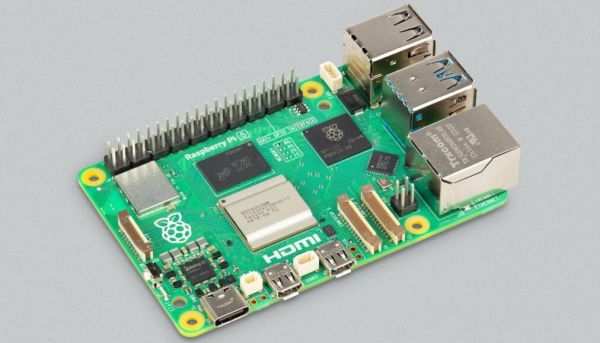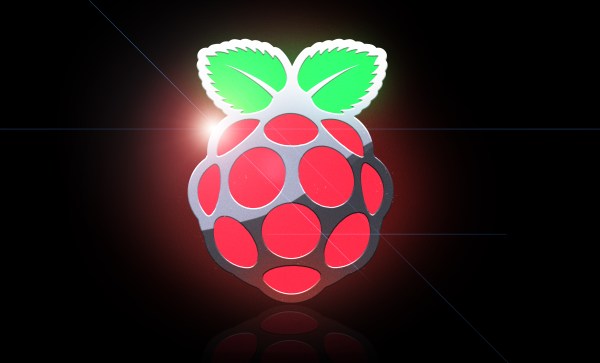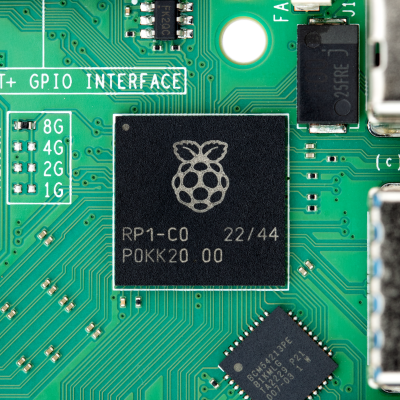We’ve heard rumors for the last few months, and now it looks like they’ve come true: the business side of Raspberry Pi, Raspberry Pi Holdings has become a publicly listed company on the London Stock Exchange.
We heard rumblings about this a while back, and our own [Jenny List] asked the question of what this means for the hobbyist and hacker projects that use their products. After all, they’ve been spending a lot of money making new silicon, and issuing stock helps them continue. Jenny worried that they’d forget that what sells their hardware is the software, but ends up concluding that they’ll probably continue doing more of the same thing, just with better funding.
Raspberry Pi CEO [Eben Upton] said basically the same when we asked him what a floatation would mean for the Raspberry Pi Foundation, which is the non-profit arm of the Raspberry Empire, and which is responsible for a lot of the educational material and outreach that they do. (Fast-forward to minute 40.) Before the share issue, the Foundation wholly owned Holdings, and received donations to fund its work. Now that there has been a floatation, it looks like the Foundation will owns 70% of Holdings, and will use this endowment to finance its educational mission.
We don’t have a crystal ball, but we suspect this changes not much at all. Raspberry Pi Holdings Ltd is doing great business by producing niche single-board computers that appeal both to the hacker and industrial markets, and the Raspberry Pi Foundation now has a more concrete source of funding to continue its educational goals. But the future will tell!














